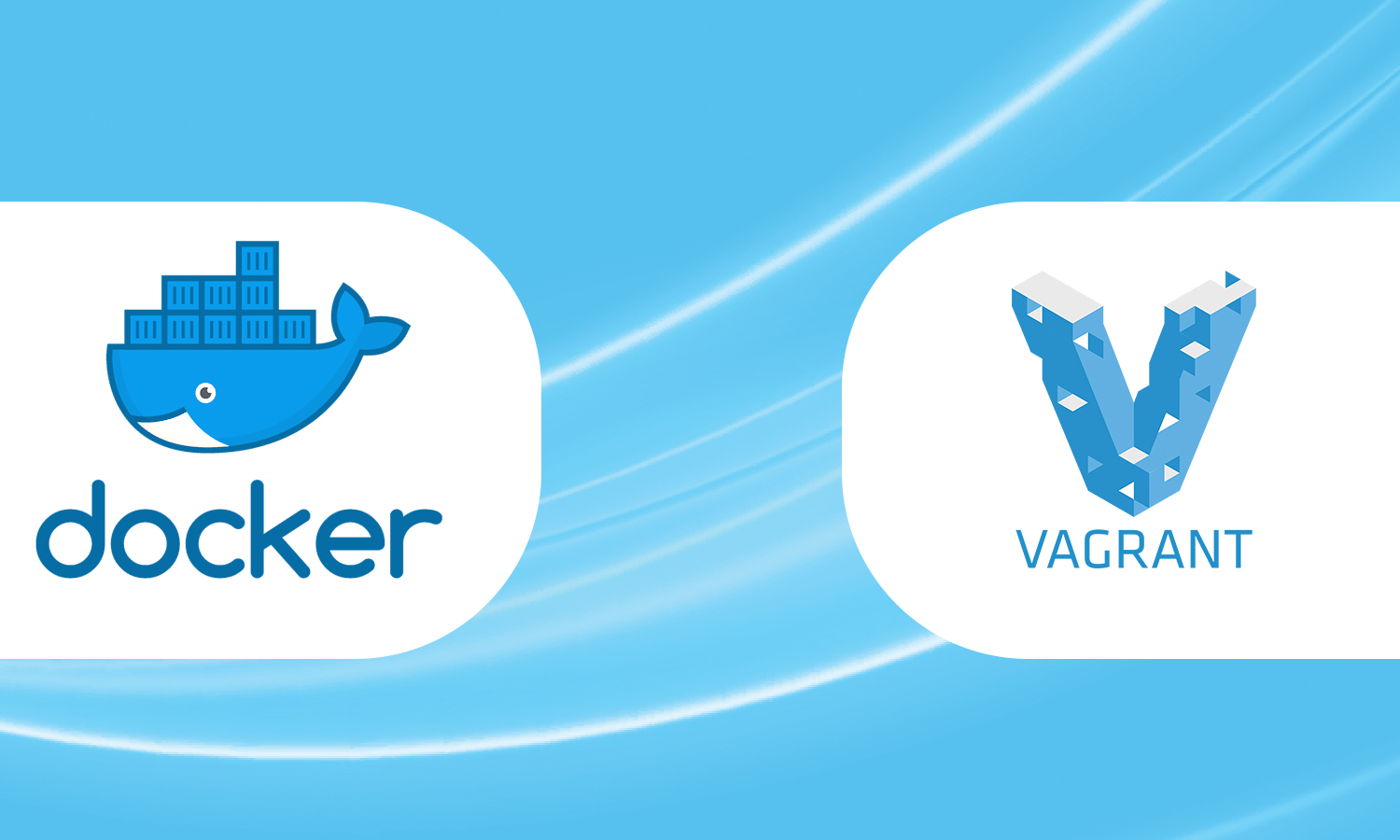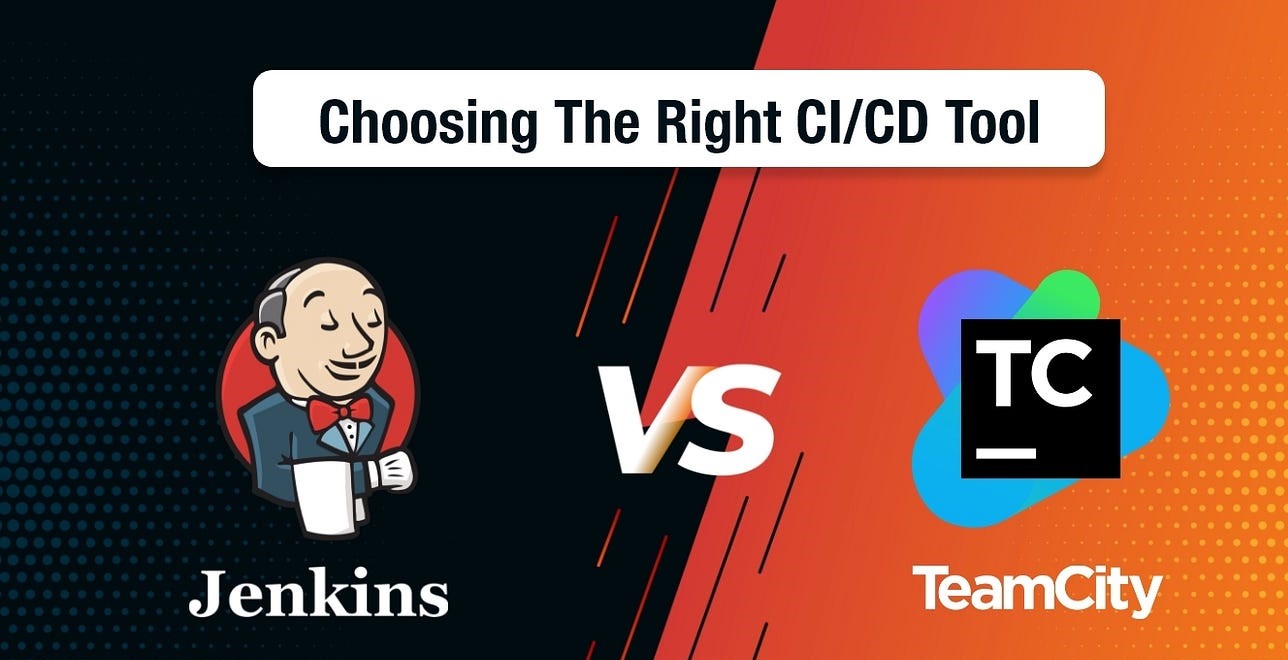Docker Vs Vagrant
Docker and Vagrant are two popular solutions for creating development environments, but they have different approaches and use cases. In this blog post, we will explore the differences between Docker and Vagrant, their benefits, and when to use each solution.
Docker
Docker is a containerization platform that allows developers to package their applications and dependencies into portable, lightweight containers that can run on any system with Docker installed. Docker containers provide a consistent and isolated environment for applications, making them easier to deploy and manage across different environments. Docker achieves this by sharing the host operating system (OS) kernel with containers, rather than running a full OS in each container.
Docker is often used in development and testing environments, where consistency and ease of deployment are important. Docker containers can be easily created and deployed on any system with Docker installed, making it easy to create and test applications in a consistent environment.
Vagrant
Vagrant is a tool for building and managing virtual machine (VM) environments. Vagrant provides a simple way to create and manage VMs using configuration files, allowing developers to create and share development environments easily. Vagrant supports multiple VM providers, including VirtualBox, VMware, and Docker.
Vagrant is often used in development environments, where consistency and reproducibility are important. Vagrant makes it easy to create development environments that are identical to the production environment, allowing developers to test their applications in a realistic environment.
Differences
The main difference between Docker and Vagrant is that Docker uses containerization, while Vagrant uses virtualization. Docker containers share the host OS kernel, while Vagrant creates a complete virtual machine with its own operating system. This means that Docker is more lightweight and efficient than Vagrant, as it doesn’t require a separate OS for each container.
Another key difference between Docker and Vagrant is that Docker is used primarily for containerizing applications, while Vagrant is used for creating complete virtual machines. Docker is ideal for applications that require a consistent and isolated environment, while Vagrant is ideal for creating development environments that are identical to the production environment.
Benefits
The benefits of Docker include:
- Consistent environments across development, testing, and production.
- Easy application deployment and scalability.
- Reduced infrastructure costs and resource utilization.
The benefits of Vagrant include:
- Identical development and production environments.
- Easy configuration and management of virtual machines.
- Support for multiple VM providers.
When to use each solution
Use Docker when:
- You need a lightweight and efficient way to containerize applications.
- You want to create consistent environments across development, testing, and production.
- You need to scale applications easily.
Use Vagrant when:
- You need to create development environments that are identical to the production environment.
- You want an easy way to configure and manage virtual machines.
- You need to support multiple VM providers.
In summary, Docker and Vagrant are both important solutions for creating development environments, but they have different approaches and use cases. Docker is ideal for containerizing applications and creating consistent environments, while Vagrant is ideal for creating development environments that are identical to the production environment. Choosing the right solution depends on the specific use case and the requirements of the application.










